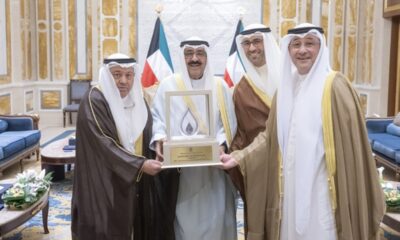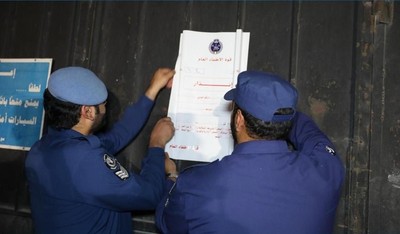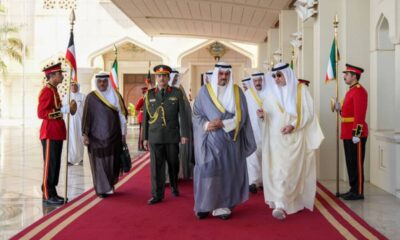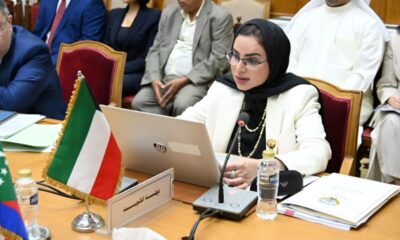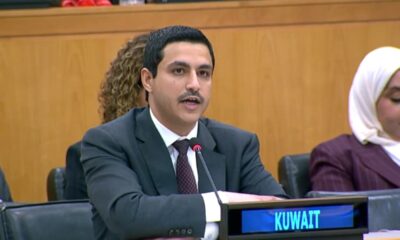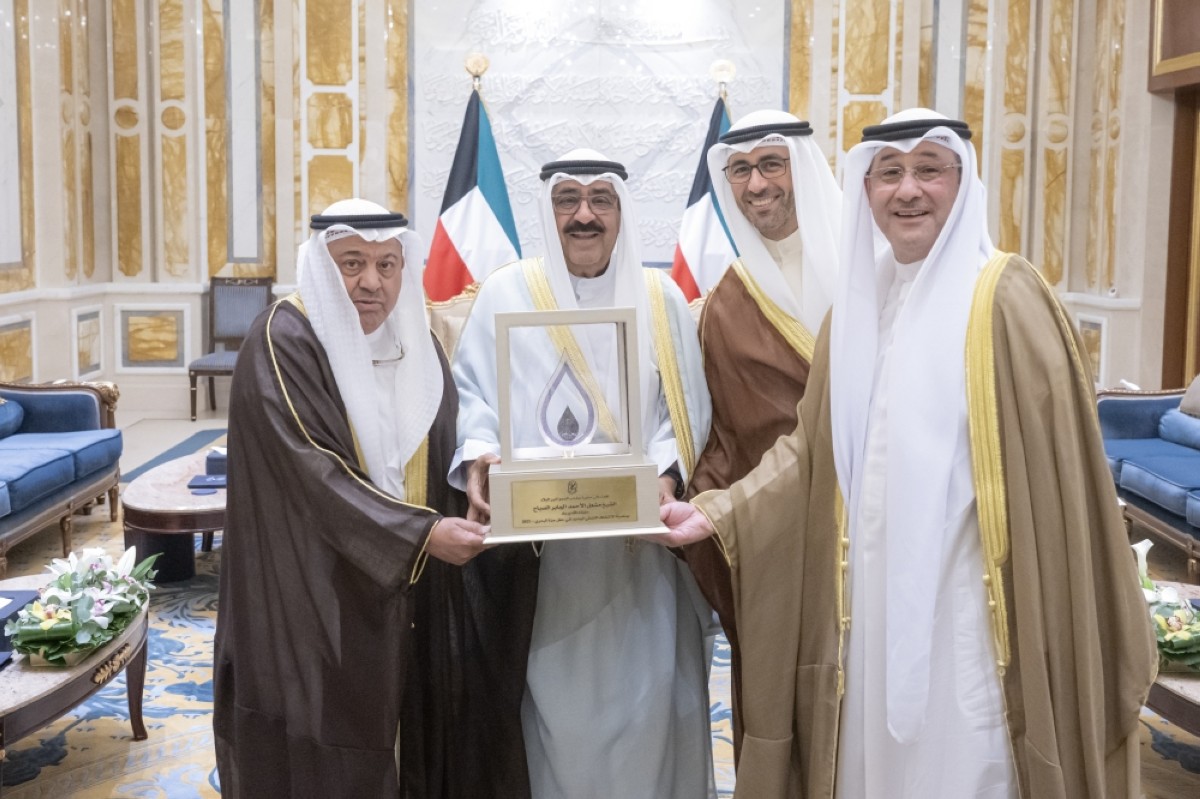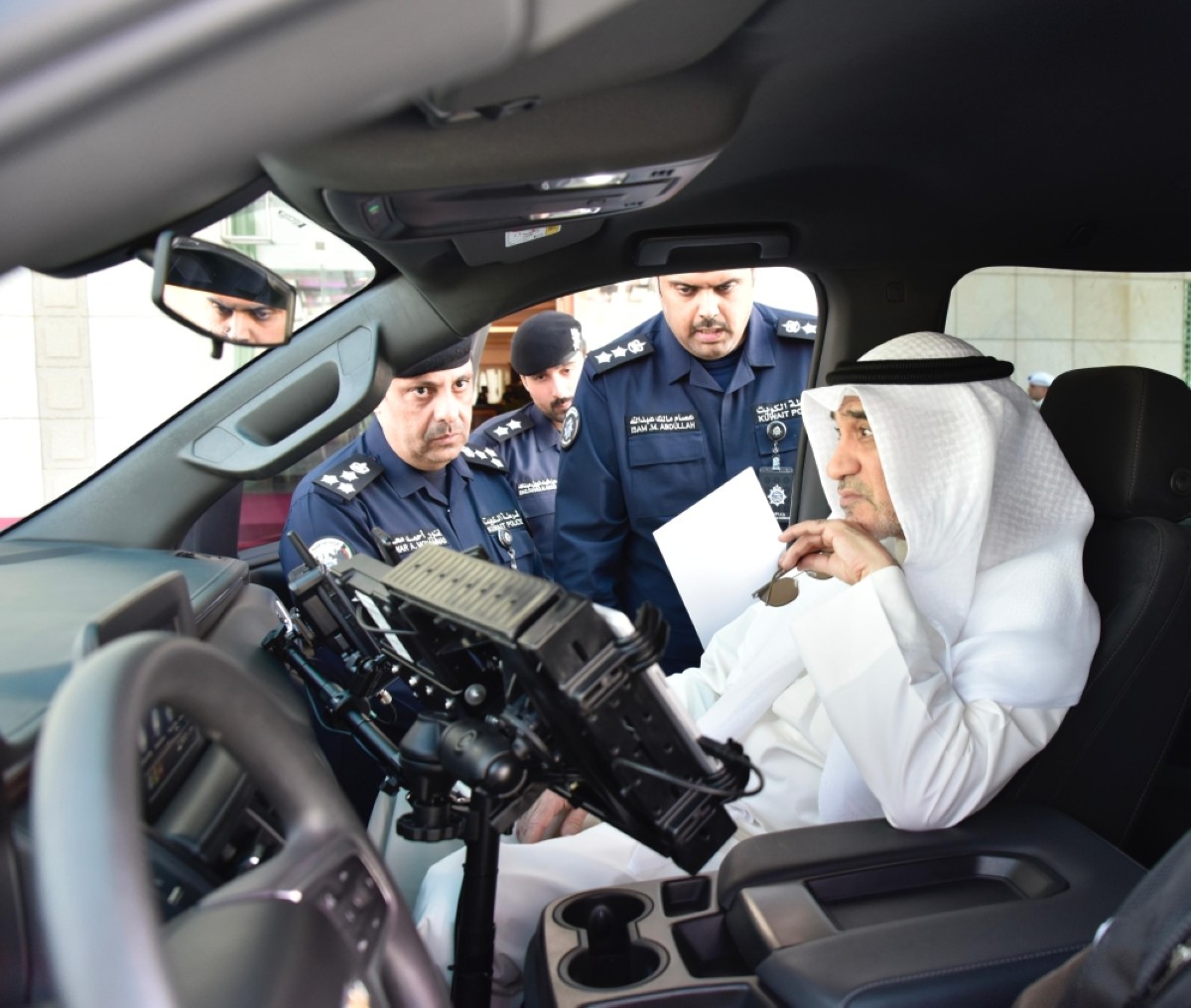KUWAIT: The Kuwait Red Crescent Society (KRCS) is standing by for official clearance to begin airlifting critical humanitarian supplies to the Gaza Strip. The airlift is part of a nationwide relief campaign aimed at supporting Palestinians facing catastrophic conditions under the Zionist entity ’s ongoing assault and blockade.
“We’re now awaiting confirmation from the Ministry of Defense and the Ministry of Foreign Affairs of when the airlifts will begin,” said Fawaz Al-Mazrouei, Director General of KRCS, in an interview with KTV news channel.
Launched under the directives of Kuwait’s top leadership, the aid campaign has mobilized government bodies, civil society groups, and the public in what officials describe as a coordinated national response to the Zionist entity’s genocidal war on Gaza.
On Wednesday, the Ministry of Social Affairs announced the conclusion of the donation drive, confirming that it raised KD 6,546,078 (approximately $21.4 million) in total. That includes KD 2.5 million through an online fundraiser, KD 1.5 million from Insan Charity Society, KD 1.3 million from Direct Aid Society, KD 500,000 from the Awqaf Secretariat General, and other contributions from local organizations.
All funds collected will be fully allocated to the purchase of relief materials through the Kuwait Flour Mills Company. The decision, said Al-Mazrouei, was settled upon following several meetings.
“All charitable organizations are in direct contact with the Kuwait Flour Mills Company, submitting their requests based on each organization’s capacity,” said Al-Mazrouei. “Based on that, we at the Red Crescent — acting as the liaison — coordinate with all the charities and organize the entire program. And, God willing, that process is now underway.” Once flight schedules are confirmed, KRCS will finalize preparations for the aid shipments and oversee the distribution of materials, in line with the requests submitted by each charity through the Flour Mills.
Supervising aid delivery
Al-Mazrouei added that preparations are underway to assign volunteers to accompany each relief flight. “According to the dates of each flight, volunteers are assigned to accompany the plane,” he said. “They will transport all the requested items to the airport, where they are loaded from vehicles onto the aircraft for departure.”
Each plane will include a team of volunteers to supervise the handover of aid, he said. “They will supervise delivery upon arrival and ensure handover to the Egyptian Red Crescent and the storage facilities, confirming that all items have been received,” Al-Mazrouei explained. “The Egyptian Red Crescent will then deliver the goods into Gaza, God willing, under the supervision of all parties involved.”
Assistant Foreign Minister for Development and International Cooperation Hamad Suleiman Al-Mashaan had told the press last month that part of the aid supplies will be delivered to Gaza through Jordan. But no information on delivery to Jordan was provided by Al-Mazrouei.
“All efforts today are focused on one goal — supporting and aiding the Palestinian people,” he said, noting that the Red Crescent was tasked with leading the campaign based on its experience in delivering aid internationally.
Al-Mazrouei praised the Defense Ministry for its role in preparing the air bridge, highlighting the enthusiasm of air force crews involved in the mission. “They are always among the first to respond,” he said. “When we meet with each flight crew, they’re genuinely happy to be delivering aid to any country. This is truly humanitarian work, and everyone is seeking the reward from Allah.”
‘Relief on the way’
The campaign’s urgency comes as the humanitarian crisis in Gaza deepens. According to Gaza’s Health Ministry, the Zionist entity’s nearly two-year war on Gaza has killed at least 61,158 Palestinians, including 193 who have died from hunger, among them 96 children.
The ministry also reported that 87 Palestinians were killed and 570 wounded while attempting to access humanitarian aid. Since late May, 1,655 people have died and more than 11,800 have been injured while trying to obtain food or supplies.
The Zionist entity has maintained a blockade on Gaza for 18 years and has closed all border crossings since March 2. As of August, the enclave’s 2.4 million residents have received only 843 aid trucks since July 27, far fewer than the 6,000 trucks needed over 10 days to meet basic needs, according to Gaza’s Government Media Office. Kuwait’s campaign is one of many aiming to help Gazans. “To the people of Gaza: Relief is on the way, God willing. The people of Kuwait stand with you and will not fall short, God willing,” said Al-Mazrouei
This campaign marks the first authorized charitable fundraising drive since a nationwide suspension was imposed in April 2025. The suspension followed authorities’ discovery of several unauthorized campaigns operating through unofficial websites and social media. The Ministry of Social Affairs said the freeze was necessary to protect donor funds and restore accountability. The suspension was lifted in late June, paving the way for a coordinated and transparent campaign to support Gaza. The Kuwaiti people have responded with overwhelming generosity. “The Kuwaiti people are naturally generous and quick to help,” Al-Mazrouei said. “Even residents in Kuwait are joining these efforts. Everyone is contributing, racing to give whatever they can.”
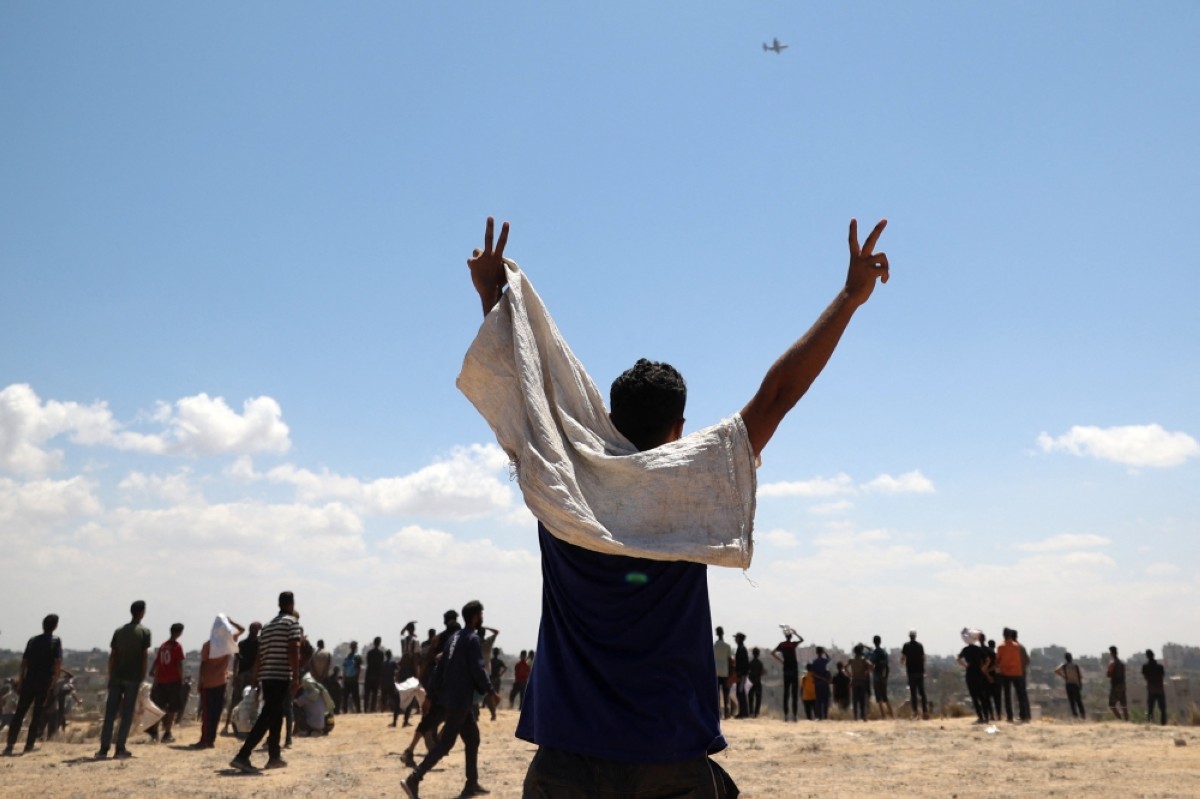

 Politics17 hours ago
Politics17 hours ago
 Politics16 hours ago
Politics16 hours ago
 Business17 hours ago
Business17 hours ago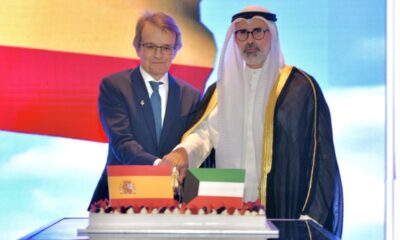
 Latest News10 hours ago
Latest News10 hours ago
 Latest News17 hours ago
Latest News17 hours ago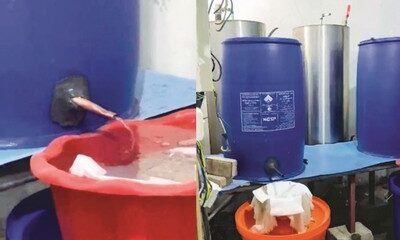
 Politics12 hours ago
Politics12 hours ago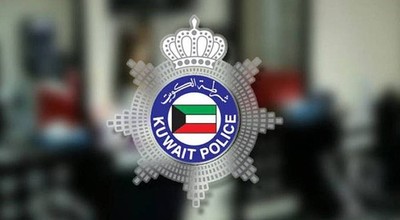
 Politics14 hours ago
Politics14 hours ago
 Business15 hours ago
Business15 hours ago
